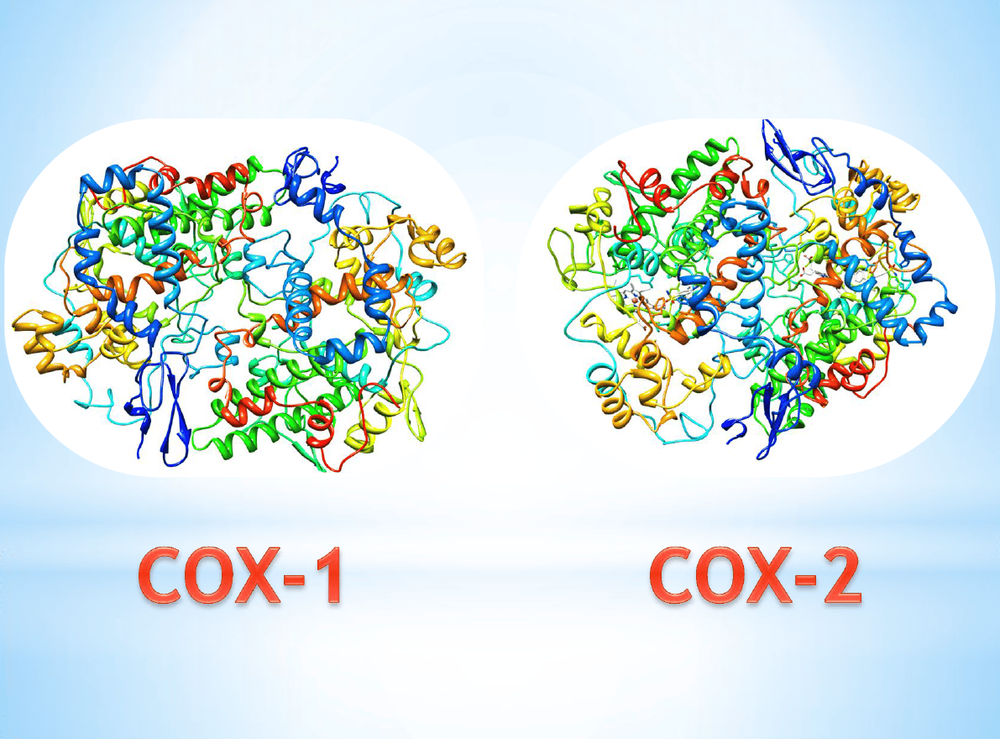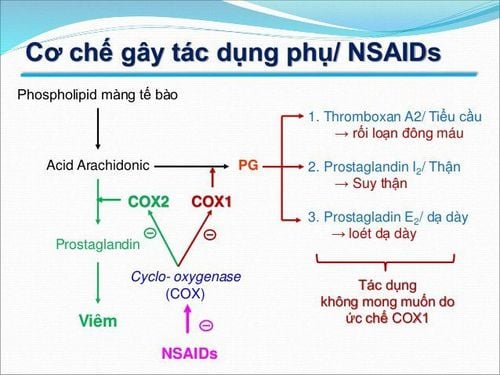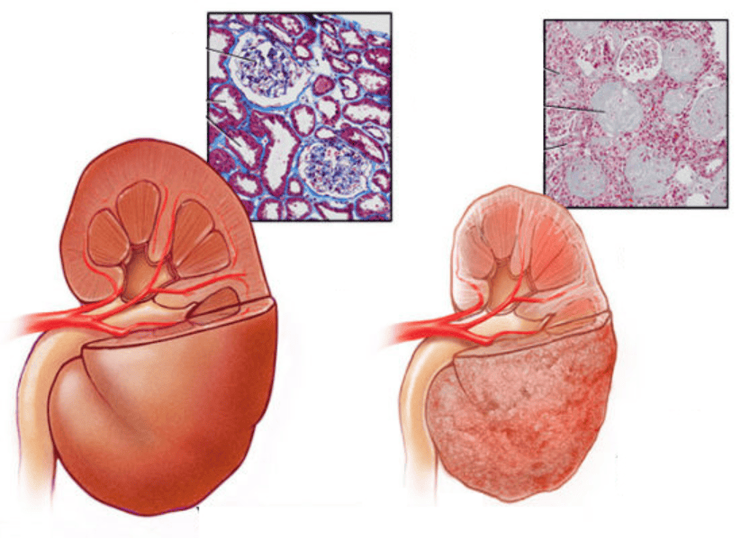This is an automatically translated article.
This article was written by Pharmacist Duong Thanh Hai - Clinical Pharmacist - Faculty of Pharmacy - Vinmec Times City International General Hospital.Not everyone knows how effective non-steroidal anti-inflammatory drugs (NSAIDs) are or can cause side effects for users. The following article will provide readers with useful information about the NSAID class of drugs.
1. What are NSAIDs?
Non-steroidal anti-inflammatory drugs (NSAIDs) are a group of drugs commonly used to relieve pain, inflammation, or fever without a prescription. This group contains at least 20 substances with different chemical structures but similar modes of action. In addition, this group of drugs is also present in creams, topical gels or skin patches (Salonpas, Voltaren emugel...). Because NSAIDs are so readily available and widely used, it's important to learn how they're appropriate and the possible side effects of taking them.
2. Mechanism of action of the NSAID group
NSAIDs relieve pain and inflammation by inhibiting an enzyme that plays an important role in prostaglandin synthesis, called cyclooxygenases (COX). There are two main forms of the COX enzyme, COX-1 and COX-2, of which COX-2 is only present in inflammatory responses. By inhibiting COX, NSAIDs produce analgesic, antipyretic, and anti-inflammatory effects. Among the NSAID group, only aspirin has an irreversible inhibitory effect on COX-1, leading to inhibition of thromboxane A2 synthesis (thrombopoiesis-stimulating agent) and exerting an antiplatelet effect. Therefore, aspirin is the only NSAID currently used to prevent cardiovascular events.

3. What should be noted when using NSAIDs?
When using an NSAID for pain relief or anti-inflammatory purposes, the self-treatment period should usually not exceed 10 days. Dosage of the drug should be adjusted according to age, weight and liver and kidney function. The principle of using NSAIDs is to use them at the lowest effective dose and for the shortest possible time. Even so, side effects can still occur as early as the first week of taking the drug. The following are some undesirable effects that may be encountered when using NSAIDs:
Gastrointestinal risks: Using NSAIDs may increase the risk of gastrointestinal side effects. , such as peptic ulcer or perforation , gastrointestinal bleeding . The degree of gastrointestinal risk among NSAIDs is different, with selective COX-2 inhibitors (Celebrex, Arcoxia...) usually having a lower risk. The risk on the gastrointestinal tract is also higher in the following cases: the elderly, long-term use of high doses, ever had peptic ulcer disease, concomitant use of drugs such as anticoagulants, other NSAIDs , corticosteroids, drinking alcohol or smoking while taking the drug. To limit unwanted effects on the gastrointestinal tract, it is possible that the patient will be used NSAIDs with one of the drugs that protect the gastrointestinal tract such as misoprostol, acid secretion inhibitors, proton pump inhibitors, PPIs. (omeprazole, esomeprazole, lansoprazole, rabeprazole) or H2 receptor antagonists (ranitidine, famotidine...)

Cardiovascular risks: Do NSAIDs increase the risk of heart attack or stroke? The answer is yes".
With the exception of aspirin, NSAIDs have a greater risk of worsening heart failure and cardiovascular thrombotic events such as myocardial infarction or stroke. Among them, NSAID selective COX-2 inhibitors and diclofenac are the drugs with the most recorded cardiovascular risk. Naproxen, a non-selective NSAID, with potent COX-1 inhibitory activity and long half-life, is believed to be a safer cardiovascular drug. People with cardiovascular disease will be at higher risk, so when it comes to NSAIDs, these people need to be discussed with their doctor carefully to choose the right drug and dose. If you are taking aspirin, inform your doctor before taking an NSAID because some NSAIDs can interfere with the action of aspirin.
While using NSAIDs, if you detect signs such as chest pain, shortness of breath, weakness on one side, suddenly slurred speech, you need to see a doctor immediately.
Risk of kidney failure: NSAIDs can affect kidney function because they reduce perfusion to the kidneys. About 1–5% of NSAID users may experience side effects on the kidneys. Although acute renal failure is not common, caution should be exercised in people with heart failure, cirrhosis, chronic kidney disease or patients with dehydration (vomiting, diarrhea, etc.), patients with high blood pressure or diabetes with kidney complications.

Risk of hepatotoxicity: Prolonged use of NSAIDs rarely causes hepatotoxicity, even at high doses. Manifestations of hepatotoxicity of NSAIDs are mainly elevated liver enzymes but are not common.
NSAIDs and pregnancy: With the exception of low-dose aspirin, all NSAIDs are contraindicated in the third trimester, because of the risk of premature closure of the ductus arteriosus in the neonate. Paracetamol is considered a safe drug to relieve pain and reduce fever. Preferably used in pregnant women than NSAIDs. Although NSAIDs have good analgesic and anti-inflammatory effects, this group of drugs has potential. high risk of side effects. When medication is needed, it should be used at the lowest effective dose for the shortest possible time. For patients with risk factors as above, it is necessary to consult medical staff for advice and closely monitor unwanted effects of the drug.

Please dial HOTLINE for more information or register for an appointment HERE. Download MyVinmec app to make appointments faster and to manage your bookings easily.














